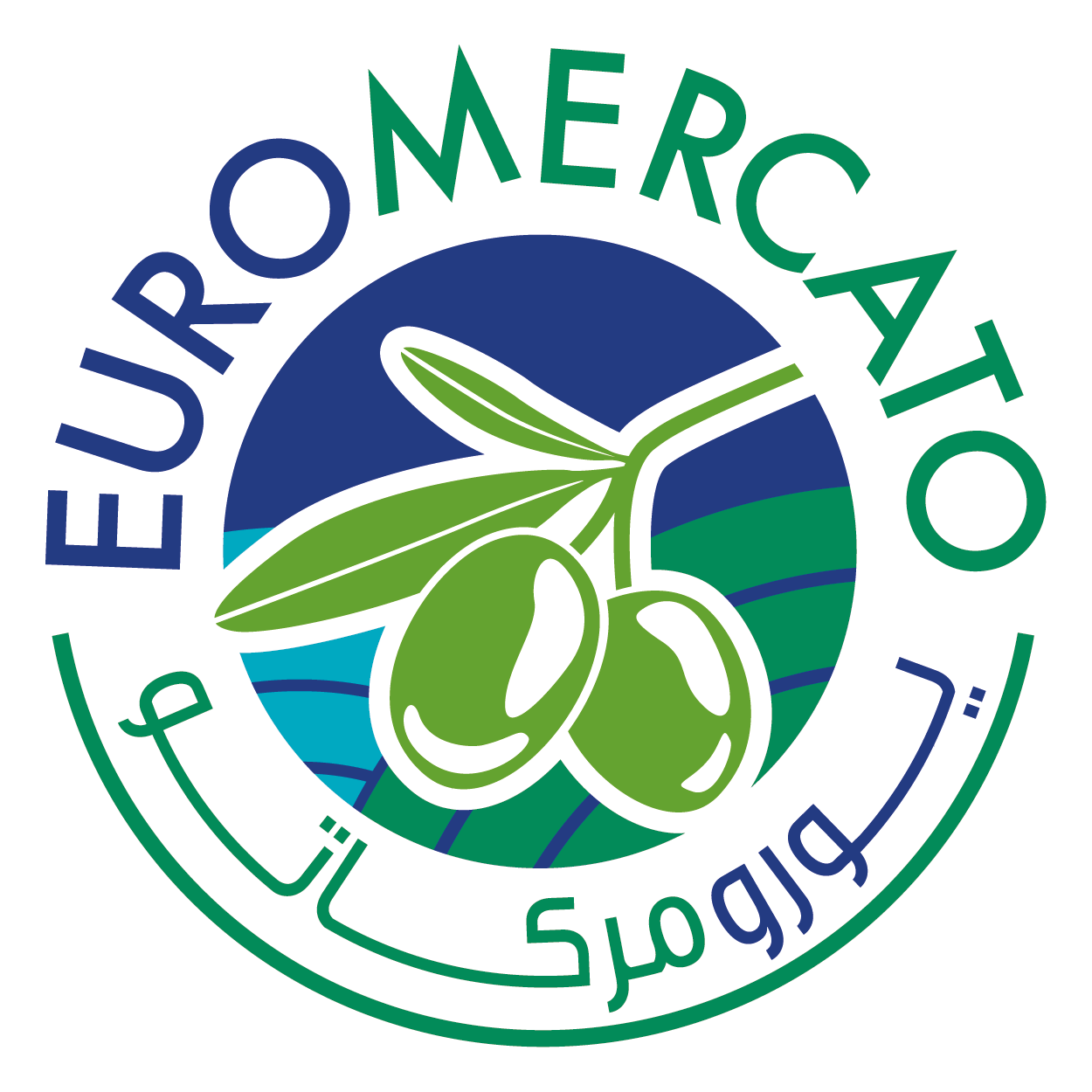The Vegan diet has exploded in popularity. Veganism is becoming more popular for ethical, environmental, and health reasons.
When done correctly, such a diet can lead to better blood sugar control, among other health benefits. However, a diet consisting solely of plant foods may raise the risk of vitamin shortages in some people.
What is a Vegan Diet?
Plants (such as vegetables, grains, nuts, and fruits) and plant-based foods make up a vegan diet. Vegans avoid foods derived from animals, such as dairy products and eggs.
Veganism is a way of life that aims to eliminate all types of animal exploitation and cruelty, whether for food, clothing, or any other reason.
As a result, the vegan diet excludes all animal products, such as meat, eggs, and dairy. Vegan diets are popular for a variety of reasons.
These issues might vary from ethics to the environment, but they can also arise from a desire to enhance one’s health.
Different Vegan Diet Types
Whole-Food Diet
A vegan diet focusing on a wide variety of whole plant foods such as fruits, vegetables, whole grains, legumes, nuts, and seeds is known as a whole-food vegan diet.
Raw-Food Diet
A vegan diet centered on raw fruits, vegetables, nuts, seeds, or plant foods cooked at temperatures below 48°C is known as a raw-food vegan diet.
The 80/10/10 Diet
A raw-food vegan diet that avoids high-fat foods like nuts and avocados and instead focuses on raw fruits and soft greens. Also known as the fruitarian diet or the low-fat, raw-food vegan diet.
The Starch Solution
A low-fat, high-carb vegan diet similar to the 80/10/10, but focusing on cooked starches such as potatoes, rice, and maize rather than fruit.
Raw until 4 P.M.
A vegan low-fat diet based on the 80/10/10 and starch solution. Raw foods are eaten until 4 p.m., with a cooked plant-based meal as an option for the evening.
The thrive diet is a plant-based, raw-food vegan diet. Plant-based, entire foods are consumed raw or prepared at low temperatures by followers.
Vegan Junk-Food Diet
A vegan diet that focuses on fake meats and cheeses, fries, vegan desserts, and other overly processed vegan foods rather than complete plant foods.
What Food to Eat
Tofu, tempeh, and seitan are adaptable protein-rich substitutes for meat, fish, chicken, and eggs in a variety of cuisines.
Beans, lentils, and peas are rich suppliers of a variety of minerals and helpful plant chemicals. Nutrient absorption can be improved through sprouting, fermentation, and correct cooking.
Nuts and nut kinds of butter, particularly the unblanched and unroasted variety, are high in iron, fiber, magnesium, zinc, selenium, and vitamin E.
Hemp, chia, and flaxseeds, in particular, are high in protein and contain healthy omega-3 fatty acids (36, 37, 38).
Calcium-fortified plant kinds of milk and yogurts can help vegans meet their daily calcium requirements. When feasible, choose kinds that are supplemented with vitamins B12 and D.
Spirulina and chlorella are two algae that are effective suppliers of full protein. Iodine is abundant in other kinds.
Nutritional yeast is a simple technique to boost the protein level of vegan foods while also adding a cheesy flavor. When feasible, choose vitamin B12-fortified types.
Whole grains, cereals, and pseudocereals are high in complex carbohydrates, fiber, iron, B vitamins, and a variety of minerals. High-protein grains include spelt, teff, amaranth, and quinoa (39, 40, 41, 42).
Probiotics and vitamin K2 are commonly found in sprouted and fermented plant foods such as Ezekiel bread, tempeh, miso, natto, sauerkraut, pickles, kimchi, and kombucha. Mineral absorption can also be improved by sprouting and fermenting.
Fruits and vegetables are both excellent sources of vitamins and minerals. Iron and calcium are abundant in leafy greens such as bok choy, spinach, kale, watercress, and mustard greens.
What Food to Avoid
Vegans abstain from consuming any animal products or meals containing animal-derived substances. These are some of them:
Milk, yogurt, cheese, butter, cream, ice cream, and other dairy products
Eggs are from chickens, quails, ostriches, fish, and other animals.
Honey, bee pollen, royal jelly, and other bee products
Whey, casein, lactose, egg white albumen, gelatin, cochineal or carmine, isinglass, shellac, L-cysteine, animal-derived vitamin D3, and fish-derived omega-3 fatty acids are examples of animal-based components.
Bottomline
The vegan diet is a plant-based diet that you can choose for ethical, environmental, or health reasons. When done correctly, can be simple to follow and may give a variety of health benefits.
These benefits, like any other diet, only appear if you stick to it and base your diet on nutrient-dense plant foods rather than excessively processed meals.
For vegan products that you can buy in the grocery store, try shopping at Euromercato and find a wide variety of organic and vegan selections.














